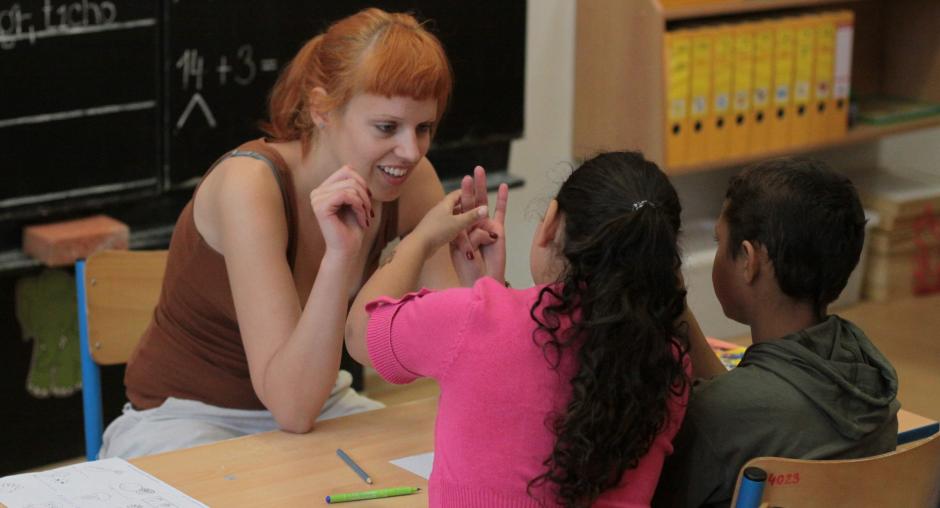Czech government must do more to end marginalization and segregation of Roma children in schools, concludes ODIHR report

The Czech government needs to do more to overcome the marginalization and segregation in schools of children from Roma and Sinti communities, concludes a field assessment visit report published by the OSCE Office for Democratic Institutions and Human Rights (ODIHR) on 26 October 2012.
While the report notes examples of good practice in some Czech schools, overall it finds that many Roma children are still placed in specialized primary schools for no obvious reason. It adds that in order for Roma children to be treated as capable of learning and developing, a change in the mindsets of school administrators, teachers as well as parents from Roma families must take place.
The report is a result of a trip by the Senior Adviser on Roma and Sinti issues from ODIHR, representatives of the Irish OSCE Chairmanship and the Office of the OSCE High Commissioner on National Minorities, as well as legal and academic experts to six cities in the Czech Republic from 21 to 25 May 2012. The visit followed an invitation from the Czech government and is in line with ODIHR's mandate to assist participating States in meeting their OSCE commitments.
The report calls on the Czech government to fully implement the 2010 National Action Plan on Inclusive Education and the 2011 Strategy for the Fight against Social Exclusion 2012-2015. It encourages the Education Ministry to assume a leadership role in the process and provide educators with clear guidelines regarding inclusive education.
It also notes that in the 2003 Action Plan on Improving the Situation of Roma and Sinti within the OSCE Area, participating States committed to enhancing access to education for Roma and Sinti children and to develop and implement comprehensive school desegregation programs.
